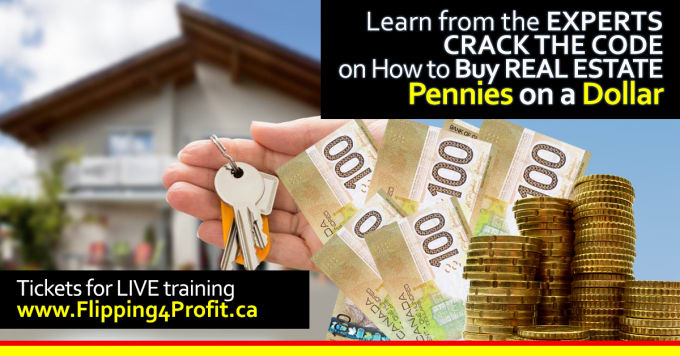Mortgage Jargon – Part 2
If you missed the previous article – Mortgage Jargon – Part 1
 We will continue in our series on mortgage jargon. Many of these references should or will soon become apart of your language in real estate investing.
We will continue in our series on mortgage jargon. Many of these references should or will soon become apart of your language in real estate investing.
Total debt/service ratio
This ratio is calculated by your mortgage broker. This is a standard by most lenders which states that no more than 40% of your gross income can be utilized to service your property. Your total debts are principle interest, property taxes, heating, 1/2 condo fees, plus all other monthly obligations, such as credit cards, leases, loans, lines of credit, etc.
Switch
This term applies to changing lenders at the end of a term. When a mortgage is at the end of it’s term, or coming to the end of it’s term, another lender may pay the costs of switching over to their company. This means that if there is a mortgage penalty, the other lender may pay that penalty for you to break your mortgage and move the mortgage to them. They may also offer you a reduced rate to come to them from a competitor.
Cap rate
 A cap rate is a calculation that is used mostly in the commercial side of real estate. The the fair market value is divided into net operating income (rent minus expenses, not including mortgage). Capitalization rate is essentially a percentage calculation that is better when higher. The higher the result, the better rate of return.
A cap rate is a calculation that is used mostly in the commercial side of real estate. The the fair market value is divided into net operating income (rent minus expenses, not including mortgage). Capitalization rate is essentially a percentage calculation that is better when higher. The higher the result, the better rate of return.
Closed Mortgage
A closed mortgage is closed for the term, usually 5 years, but it can be anywhere from 1-5 years. It cannot be paid out unless there is a penalty involved which can be discharged at a cost of either three months interest, or an interest rate differential.
Interest Rate Differential
The IDR is a penalty for an early pre-payment of all or part of the mortgage outside the normal payment terms, or even pre-payment terms. This is calculated as the difference between the existing rate and the rate for the term remaining, multiplied by the principle outstanding and the balance of the term. For example, if the mortgage balance is $100,000 at 9% with 24 months remaining and the current 2-year rate is 6.5%, the different between 6.5% and 9% is 2.5%. The interest rate differential is $100,000 outstanding mortgage, times 2-years times 2.5% will equal $5,000 dollars.
High Ratio Mortgage
A mortgage that is greater than 80% loan to value(LTV). What is loan to value? It is the ratio of loan compared to the value of the property. For instance: if the mortgage was a 70% loan to value on a $100,000 property, the value of the loan would be $70,000.
 Equity
Equity
Equity is the difference between the value of what you can sell your property for (or fair market value), compared to what is owed against it. So the more equity in a property for a real estate investor, the better.
We will continue in our mortgage jargon series in a following article.
World Wealth Builders offers many unique, practical, “out of the box” real estate investor trainings which offers the student hands on, in the trenches style instruction to facilitate both a different mindset as well as a successful and lucrative real estate investment business. To find out more, please go to www.worldwealthbuilders.com
To read the next article – Mortgage Jargon – Part 3
www.WorldWealthBuilders.com/live
P.S. Take Action now to attend the eye-opening seminar and walk away with confidence, knowledge, and specific “action ideas” that can help you achieve your dreams and leave the rat race behind.
We have been training Canadian Real Estate Investors since 1993
Your success is our business!
Navtaj Chandhoke
1-416-409-7300


